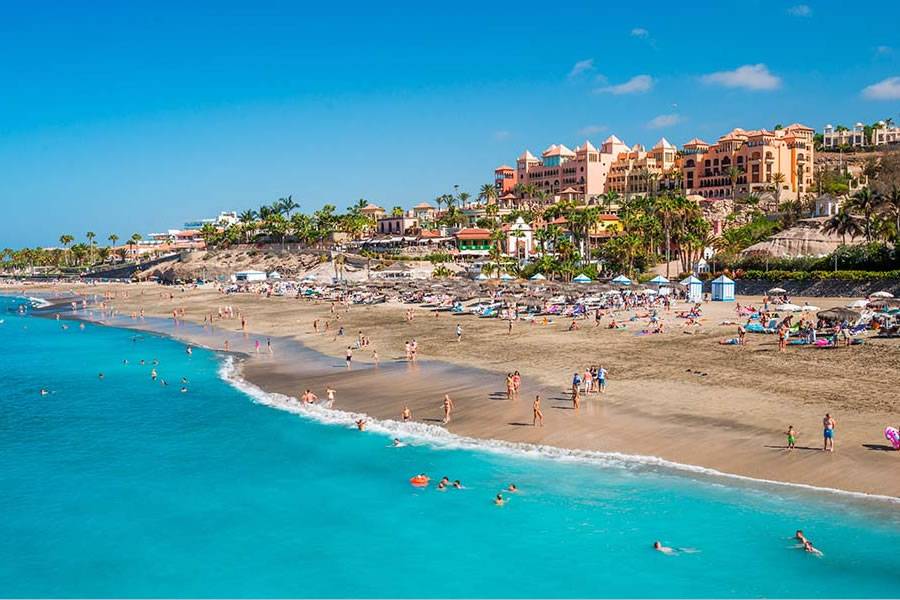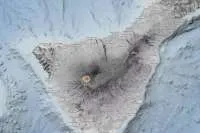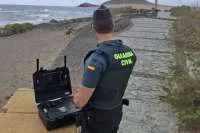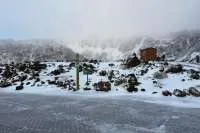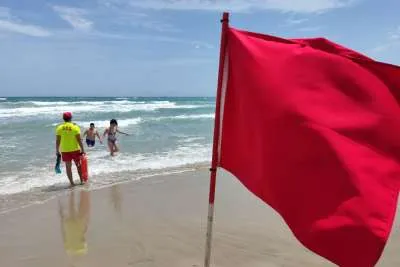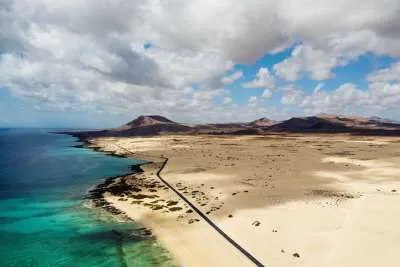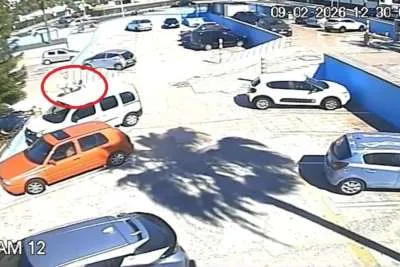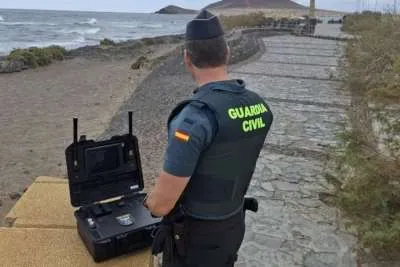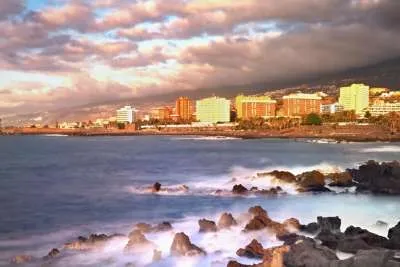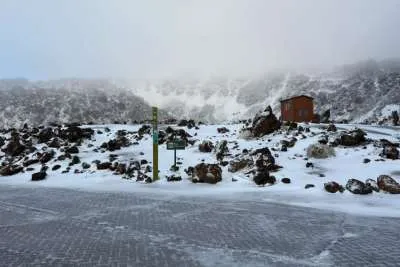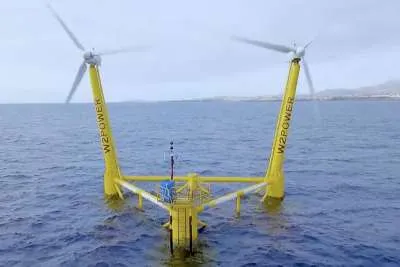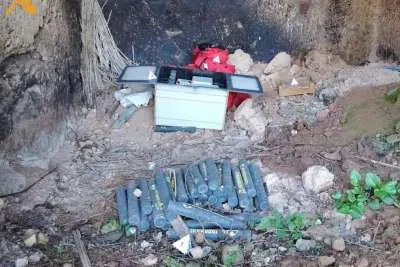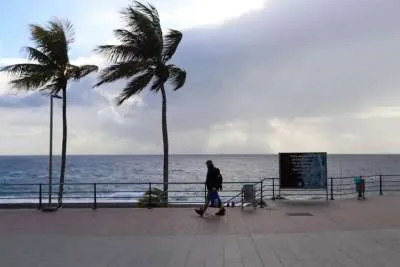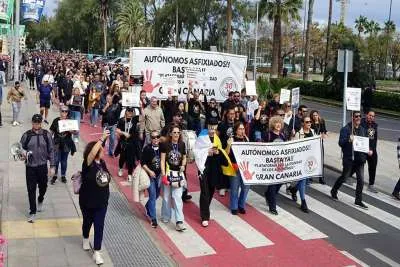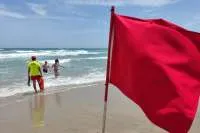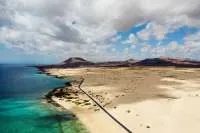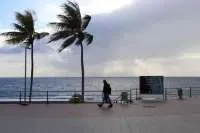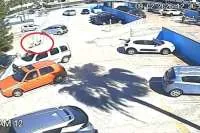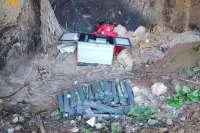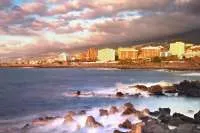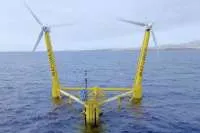Playa del Duque beach reopens for swimming after water quality improvement
- 20-09-2024
- Tenerife
- Canarian Weekly
- Photo Credit: Ayuntamiento de Adeje
The Playa del Duque beach in Costa Adeje has been reopened for swimming following a temporary closure due to microbiological issues in the water. The Adeje Council confirmed the reopening after recent water quality tests returned favourable results, ensuring the safety of swimmers.
The closure was a precautionary measure after initial tests, but it is now deemed safe once again for swimming.
Why Seawater Testing Matters
Tenerife’s beaches attract millions of tourists annually, with swimming, snorkelling, and other water activities at the heart of their experiences. To keep the waters safe, regular sea water testing is critical.
Pollutants, such as sewage, industrial runoff, or natural biological changes, can occasionally compromise water quality, posing health risks. Ensuring that any contamination is quickly detected and addressed helps maintain Tenerife’s reputation as a safe and clean coastal destination.
How Testing Works
The process of water testing is comprehensive. Local councils across the island routinely collect water samples from various popular beaches. These samples are tested for key parameters, including microbiological levels such as E. coli and Enterococci bacteria, which indicate sewage contamination, and other potential pollutants.
Tests are conducted in accredited laboratories and are compared against national and European Union standards for bathing water quality. If any irregularities are found, the local authorities can take swift action, such as issuing temporary closures of beaches or swimming areas, as happened recently at Playa del Duque.
Monitoring Frequency and Transparency
Water testing in Tenerife is not a one-off process but is carried out regularly, especially during the summer months when beach activity peaks. Most municipalities test the waters weekly or bi-weekly, ensuring that any fluctuations in quality are immediately detected.
Additionally, the results of these tests are made publicly available, usually posted on the beach itself or through official websites. This transparency allows both residents and tourists to stay informed about water safety.
The “Blue Flag” status, an internationally recognised eco-label for clean and safe beaches, is a hallmark of Tenerife's commitment to maintaining high standards.
Response to Contamination
If a test reveals contamination or any irregularities, local authorities take immediate action. This could range from issuing warnings, temporarily banning swimming, or working to identify and resolve the source of contamination.
For instance, if a temporary closure occurs due to microbiological issues, the beach is only reopened after subsequent tests confirm that water quality has returned to acceptable levels. This quick response is crucial in maintaining the safety and well-being of beachgoers.
The Role of Environmental Conditions
In addition to pollution, natural environmental conditions like heavy rainfall can also affect water quality, as rain can wash debris or contaminants into the ocean. Authorities account for these natural factors and intensify their monitoring efforts after such events to ensure no long-term impact on water quality.
Environmental and Economic Impact
Tenerife's commitment to seawater testing has a dual benefit. Environmentally, it ensures the protection of marine ecosystems by keeping the waters free from harmful pollutants. Economically, it supports Tenerife’s tourism industry, a significant part of the island’s economy, by maintaining its appeal as a safe and clean destination.
By maintaining strict testing protocols, Tenerife not only protects the health of its visitors but also upholds its reputation as one of the best beach destinations in Europe.
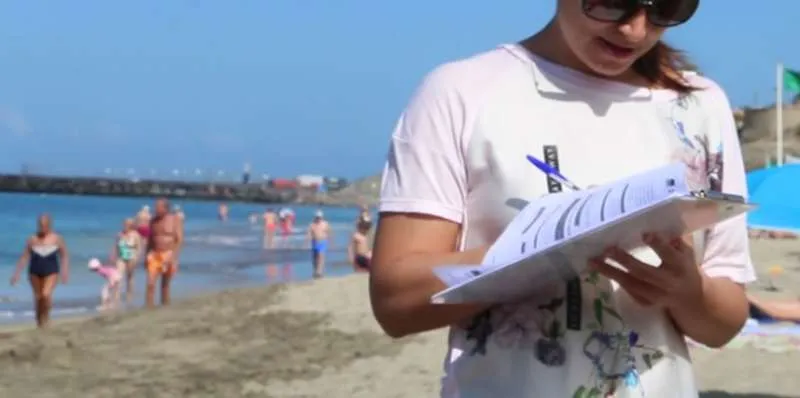
Other articles that may interest you...
Trending
Most Read Articles
Featured Videos
TributoFest: Michael Buble promo 14.02.2026
- 30-01-2026
TEAs 2025 Highlights
- 17-11-2025


